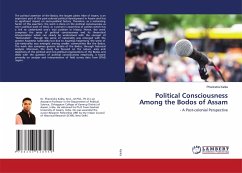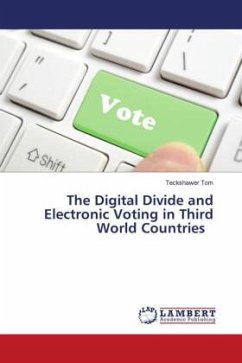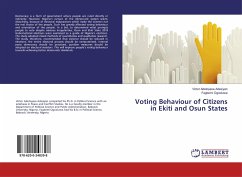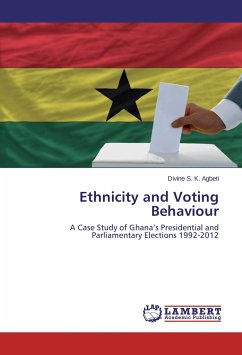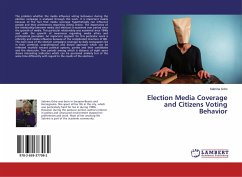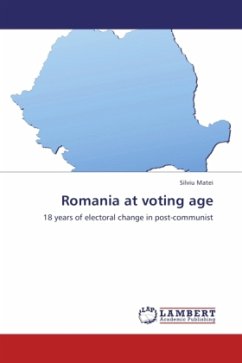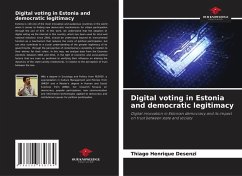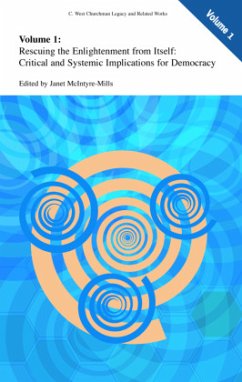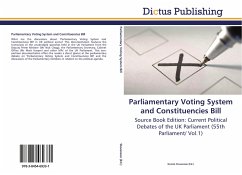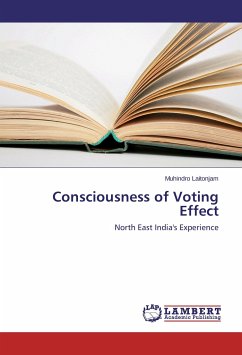
Consciousness of Voting Effect
North East India's Experience
Versandkostenfrei!
Versandfertig in 6-10 Tagen
22,99 €
inkl. MwSt.

PAYBACK Punkte
11 °P sammeln!
How far electorates have conscious of their franchise is a big question that they have responsibility to install good governance. Even though the participation rate is law it is not wrong if only electorates who have capacity of rational thinking voted for providing good governance. In this context good governance implies the administration of government should be sound enough for the welfare of the people as a whole. Once if the electorates misuse their franchise or do not care of its effect on the governance the question of good governance shall be irrelevant. If the representatives of the p...
How far electorates have conscious of their franchise is a big question that they have responsibility to install good governance. Even though the participation rate is law it is not wrong if only electorates who have capacity of rational thinking voted for providing good governance. In this context good governance implies the administration of government should be sound enough for the welfare of the people as a whole. Once if the electorates misuse their franchise or do not care of its effect on the governance the question of good governance shall be irrelevant. If the representatives of the people ignore the aspiration of the electorates who elected with a positive expectation it will show actual attitude. This book attempts to insight the quantum of voters' consciousness on their franchise through a data-base and the subsequent effect to the governance and public affairs; and to explore the phenomena caused by failed governance in the conflict state with scientific approach that how far the hoi polloi have been living with insecure life on the one hand, and the modus operandi of state actors that often led to uncertainty on the other.



